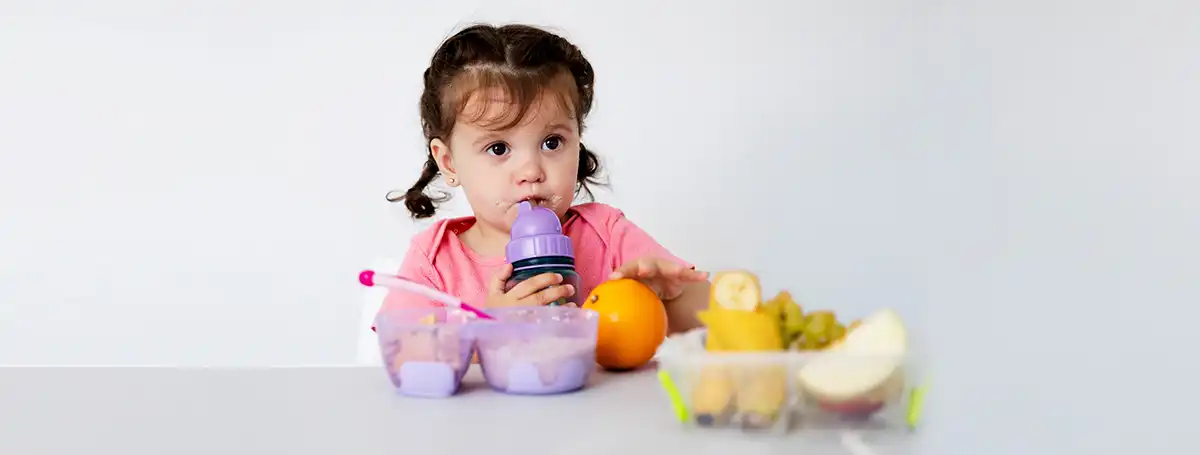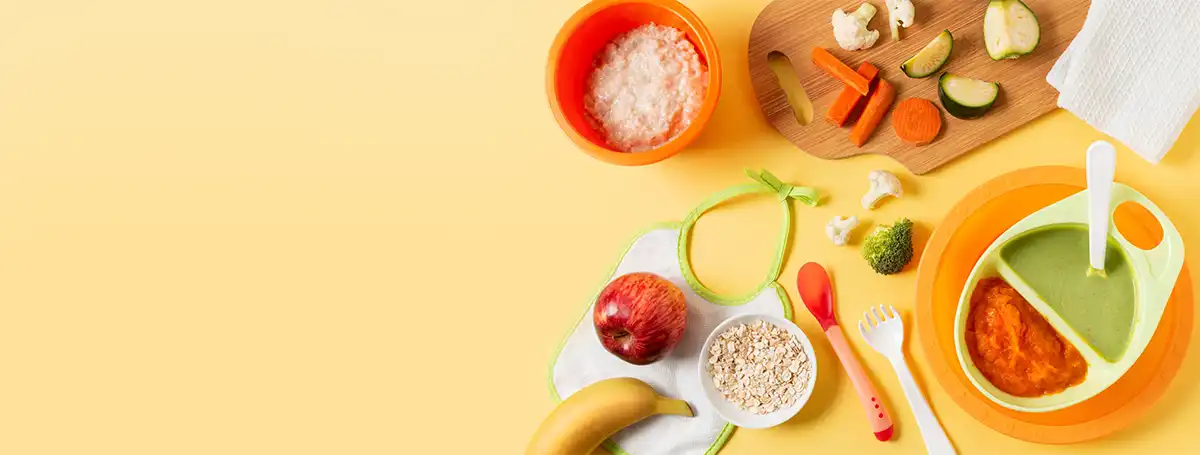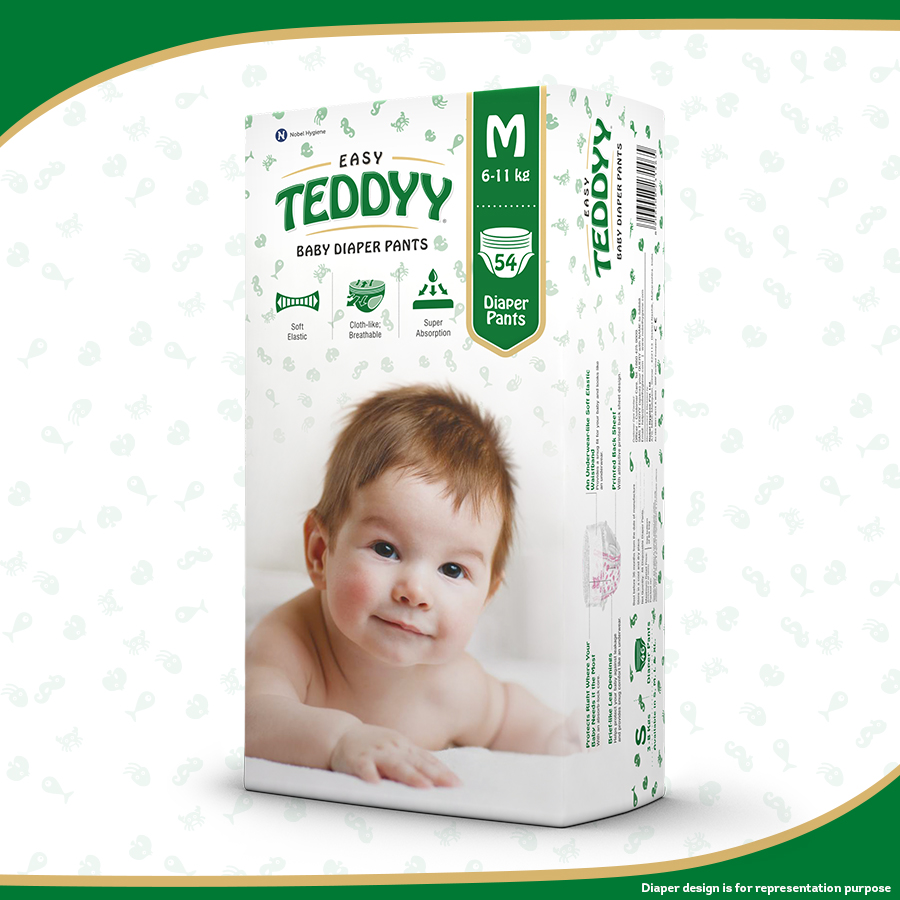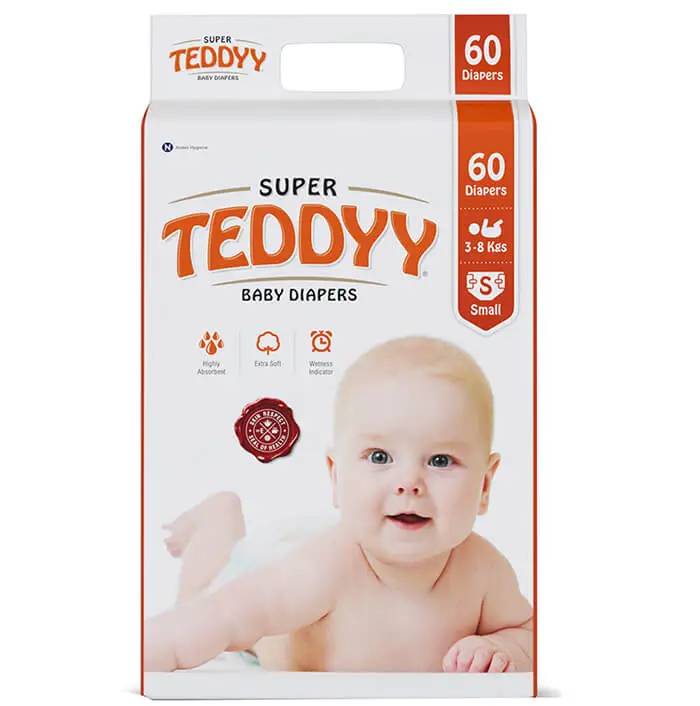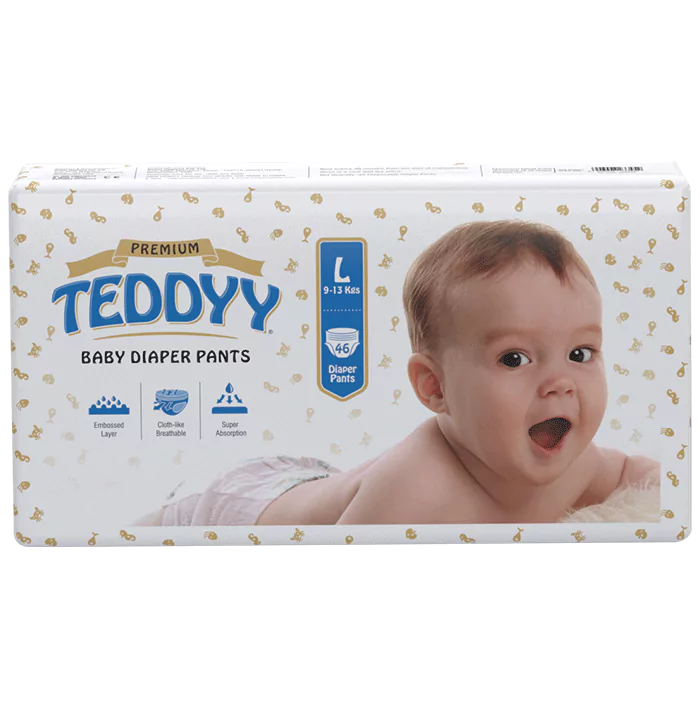Tiny Tummies: Simple 6-Month Baby Food Chart and Recipes
Introducing your six-month-old to a variety of fruits and veggies is crucial for their development, but the process can be quite the adventure! From hiding the formula milk behind a bottle of vibrant red juice to transforming the spoon into a playful helicopter while coaxing spoonfuls of mashed gravy into their mouths, the journey of feeding your little one 6 month baby food can be both joyful and exhausting. But amidst the mess and chaos, watching them explore new flavors and textures is truly rewarding. But amidst the mess and chaos, watching them explore new flavors and textures is truly rewarding. In the middle of all this rustling, you probably don’t want to have to figure out by trial and error what foods are good for your baby. That’s where we come into the picture!
Our guide offers a balanced 6 month baby food chart and a collection of wholesome baby food recipes for 6-8-month-old. It’s designed to make this phase enjoyable and nourishing for your little one. Join us in crafting a delightful and nutritious start to your baby’s culinary exploration.
Nutrient Requirements Of A 6-Month-Old Infant
Your little one needs nutrients—a lot of them! Here’s a comprehensive list of everything that they need to grow into healthy, happy toddlers:
- Calcium:Essential for strong bones and teeth.
- Fat:Provides energy, supports brain development, maintains skin and hair health, and bolsters the immune system.
- Folate:Promotes cell division.
- Iron:Crucial for blood cell formation and brain development; breastfed newborns may need iron supplements.
- Carbohydrates and protein:Offer energy and contribute to overall development.
- Zinc:Supports cell growth and repair.
In addition, infants need specific vitamins such as:
- Vitamin A:Protects skin, hair, eyesight, and the immune system.
- Thiamine (Vitamin B1):Aids in converting food into energy.
- Riboflavin (Vitamin B2): Supports energy conversion and cell protection.
- Niacin (Vitamin B3): Facilitates energy conversion and the use of lipids and protein.
- Vitamin B6:Protects the brain and immune system.
- Vitamin B12 maintains nerve and blood cell health and aids DNA production.
- Vitamin C: Guards against infections, strengthens bones and muscles, and promotes wound healing.
- Vitamin D: Facilitates calcium absorption and maintains strong bones and teeth
- Vitamin E: Protects cells and boosts the immune system.
- Vitamin K: Aids blood clotting.
Best Foods For A 6-Month-Old Baby
For 6 month baby food, you can start with single vegetables and fruits such as parsnip (chukandar), broccoli, potato, yam (rataaloo), sweet potato (shakarakand), carrot, apple, or pear that have been blended, mashed, or soft-boiled. You can also try mixing baby rice with your baby’s regular milk. Before giving your infant any healthy cooked food, make sure it has completely cooled.
Our Products
How Much Food Should Your Baby Eat?
Provide the best formula milk for baby 0- 6 months for the healthy development of the child. When it comes to solid foods, most babies feed every 2 to 3 hours or 8 to 12 times per day. Babies may only consume about a tablespoon of food every meal during the first day or two, but after that, they will typically consume 2-4 tablespoons of food at each feeding. By 2 weeks of age, this quantity increases to four to four and a half tablespoons of food.
Diet Plan For A 6 Month Old Baby
Craft a developmental diet plan for your 6-month-old by introducing nutrient-rich solid foods alongside breast milk or formula:
- Begin the baby first foods 6 month with iron-rich single-grain baby cereals for essential development.
- Gradually incorporate diverse flavours with pureed fruits and vegetables.
- Keep portions small, paying attention to your baby’s cues during this introduction to solids.
- Prioritise nutrient-rich options, including calcium for bone development and healthy fats for energy.
- Ensure a well-rounded plan by consulting with your paediatrician for personalised guidance.
It’s crucial to introduce a variety of nutritious foods for your baby’s growth. For a 6-month-old baby food, options such as fruits, vegetables, grains, and lentils offer essential vitamins and minerals. However, avoid introducing dairy products and non-vegetarian items at this stage to align with the baby’s developing digestive system. For personalised guidance, consult your paediatrician based on your baby’s unique needs and development.
6 Months Baby Food Recipes
Some simple and nutritious baby food recipes tailored for 6-month-olds are:
- Single-Grain Cereal: Start with iron-fortified single-grain baby cereal for a gentle introduction to solids.
- Pureed Fruits: Introduce the natural sweetness of fruits like apples, pears, or bananas in smooth purees.
- Mashed Vegetables: Gradually incorporate mashed vegetables such as sweet potatoes, peas, or carrots for variety and essential nutrients.
- Baby Rice Pudding: A creamy and mild dessert option made with rice cereal and a hint of fruit.
- Yoghurt with Pureed Berries: Combine plain yoghurt with pureed berries for a delightful and calcium-rich treat.
- Sweet Potato Puree with Cinnamon: A flavourful and vitamin-packed puree with a hint of spice.
The 6 month baby food chart and recipes presented offer a fresh and nutritious approach to introducing solids to your baby’s diet. Designed for both enjoyment and developmental benefits, these recipes cover a range of flavours and essential nutrients. Personalise the feeding experience based on your baby’s preferences, seek guidance from your paediatrician, and relish the journey of nourishing your little one with homemade, wholesome delights! Happy parenting!


Ideal foods include single-grain baby cereal, pureed fruits (like apples or pears), and mashed vegetables such as sweet potatoes or peas.
Aim for 1 to 2 tablespoons of solid food, two to three times a day, in addition to regular breast milk or formula feedings.
Typically, start with iron-rich single-grain baby cereal, followed by introducing pureed fruits and vegetables.
Yes! Mashed or pureed banana is a safe and nutritious option for a 6-month-old.
While it’s generally recommended to wait until around 8 months to introduce dairy, including curd, it’s wise to consult with your paediatrician for personalised guidance.


